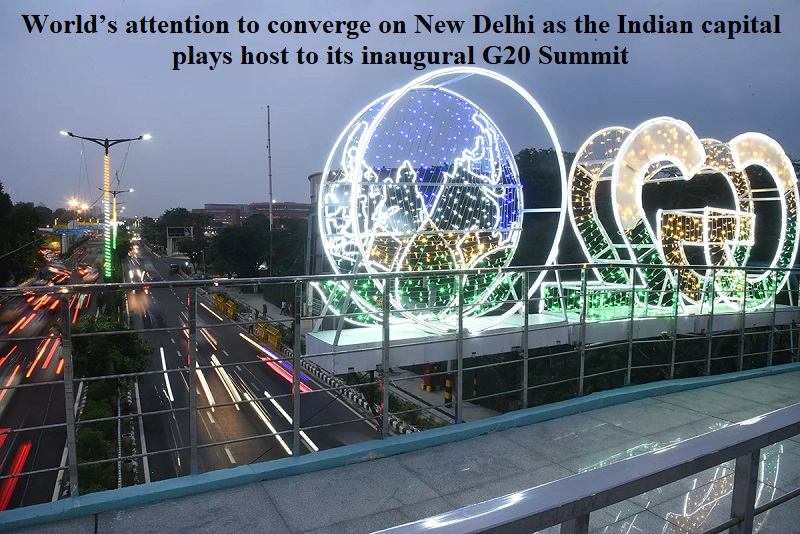
In just one week, the world’s attention will shift to New Delhi, where the Indian capital will host its inaugural G20 Summit. This event has attracted global leaders who will tackle some of the most pressing issues of our time. As anticipation grows, the international community eagerly awaits confirmation from leaders, recognizing that attendance decisions are influenced by geopolitics and domestic priorities.
Examining the history of G20 Summits reveals a notable trend: since 2010, there hasn’t been a single instance where all member countries attended at the head of state/head of government (HOS/HOG) or leaders level. This pattern underscores the complexity of factors that shape leaders’ decisions to participate in these significant gatherings.
The variability in attendance becomes even more apparent when we look at specific cases of countries being represented below the leadership level. On six occasions, a single leader from a country was absent (2010, 2011, 2012, 2013, 2016, 2017), while on five occasions, two leaders chose not to attend (2010, 2014, 2015, 2018, 2019).
The 2021 Rome Summit stands out as an anomaly, with a record-breaking six leaders skipping the G20 meeting. This occurred during the aftermath of the COVID-19 pandemic, a time when leaders were dealing with critical domestic challenges.
In contrast, the 2022 Bali Summit had three leaders absent, overshadowed by the Ukraine conflict. Notably, this summit marked the first time that the traditional “leaders’ family photo” was missing, as Western leaders hesitated to stand alongside Russian Foreign Minister Sergey Lavrov.
Looking at individual country data reveals a range of commitments to G20 Summit attendance. Countries like Canada, Germany, India, Italy, South Korea, Turkey, the UK, the USA, and the European Union have consistently maintained leadership-level attendance, emphasizing their dedication to the global stage.
Conversely, some nations have had sporadic attendance. For example, Mexico has been represented by a minister since 2018 rather than its president.
Argentina, Australia, Brazil, and Russia each have had two instances of lower-level representation, while China, France, Indonesia, Japan, and South Africa have experienced a single such occurrence. A notable exception is Saudi Arabia, which attended G20 summits below the leadership level on nine occasions, including one featuring a Minister of State without portfolio in 2017.
Russian President Vladimir Putin has not personally attended a G20 summit since the 2019 Osaka summit. He notably missed the Italy (2021) and Indonesia (2022) summits and is set to skip the upcoming India (2023) summit. This year, as in the previous year, Russia will be represented by Foreign Minister Lavrov.
The G20 Summit, elevated to the leaders’ level in 2008, has continued to evolve as a pivotal diplomatic forum. After India, the rotation extends to Brazil in 2024, South Africa in 2025, and the United States in 2026, marking its trajectory.

Post Your Comments